
Fear has many synonyms—
“paper tigers” may be the most unique.
Yet, this may be how Beryl Markham, British-born Kenyan aviator, considered the phenomenon—a seemingly ferocious and scary beast that may initially look imposing but is deceivingly light as air, more destructible and conquerable than we can believe or imagine. Ms. Markham, the press noted, was an adventurer, successful racehorse trainer, and author of the acclaimed ‘West with the Night’—who “hunted wild boar as a barefoot child.”
They went on to note, “She learned to fly in Kenya, became a bush pilot and pioneered the scouting of elephants from the air for safaris, when Kenya was a British colony and encouraged big game hunting.
By 1936, the Atlantic had been successfully crossed westward from Europe, but all the aircraft carried at least two people aboard and all were piloted by men.”
But that was about to change.
According to newspaper accounts, “Mrs. Markham left Abingdon Royal Air Force field in Britain in a single-engine Percival Gull monoplane on Sept. 4, 1936, and had to land in a bog in Nova Scotia after running low on fuel. She received a ticker tape parade in New York, her original goal. She said that the weather was ‘simply terrible from the time I took off” and that she had to fly by instruments all the way.”
And she succeeded.
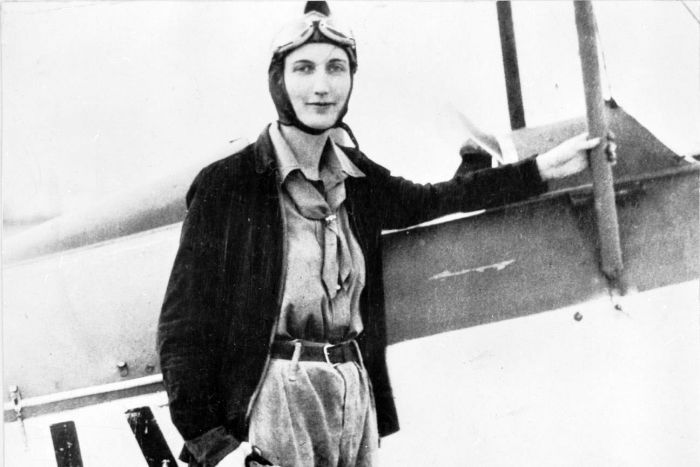
It was a similar resolve that drove Martin Luther King, Jr. to fight for civil rights in America despite the incredible outrage and backlash it stirred, pressing on even after an assasination attempt in 1958, when a mentally ill woman stabbed him in the chest with a letter opener while he was signing books in Harlem.
But those who flee rarely achieve greatness.
Despite this incredibly close proximity to danger, Dr. King pressed on and continued his work to end discrimination against the black race, campaigning tirelessly and fearlessly for equality, right up until his assignation a decade later, changing a nation in his wake and setting the stage for countless others to continue his work.
Before he died, King was able to see both the passing of the Civil Rights Act of 1964 and the Voting Rights Act of 1965, two major movements toward equality, both accredited in large parts to his efforts—and both of which would have been almost impossible if King would have given up in 1958.
Just eight years prior to Dr. King’s death in 1968, Nelson Mandela entered prison, beginning his 27-year stint handed to him as a result of the anti-apartheid message that he spread throughout South Africa. Upon entering the facility at Robben Island, where he would spend a majority of his sentence, Mandela was told by a warden, “This is the Island. This is where you will die.” Like King and Earhart, Mandela was a step away from danger. A second away from defeat.
But he carried out his sentence anyway, working even after his release to see his mission through to completion, serving as President of South Africa from 1994 to 1999, where he was the driving force behind the country’s move to eradicate apartheid. In 1993, Mandela was awarded the Nobel Peace Prize.
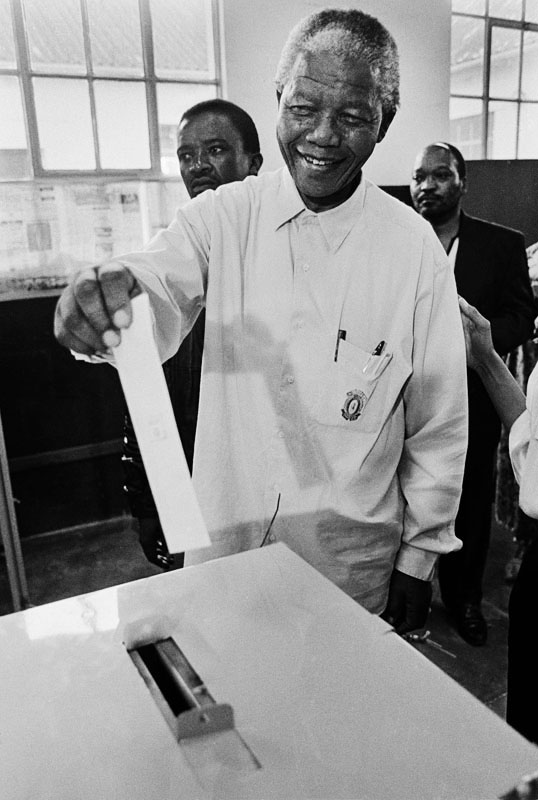

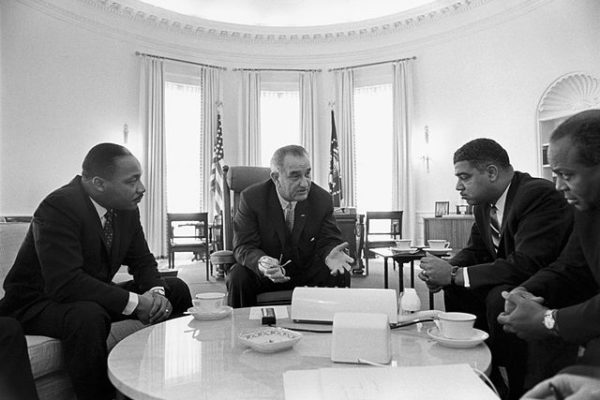
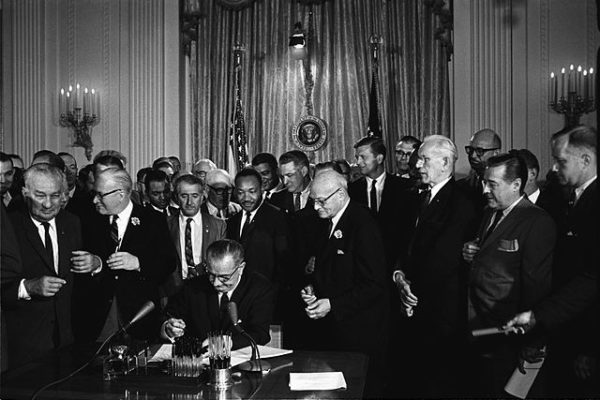
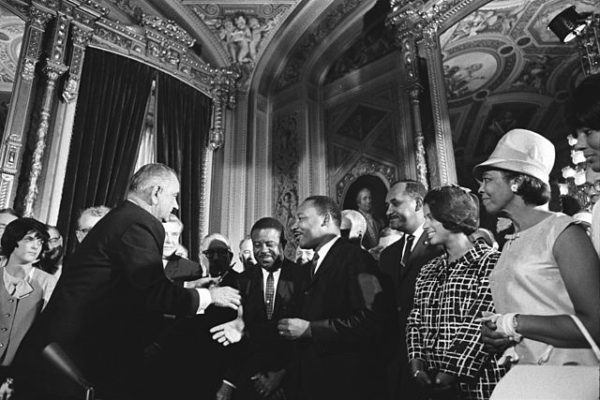


Hi, this is a comment.
To get started with moderating, editing, and deleting comments, please visit the Comments screen in the dashboard.
Commenter avatars come from Gravatar.